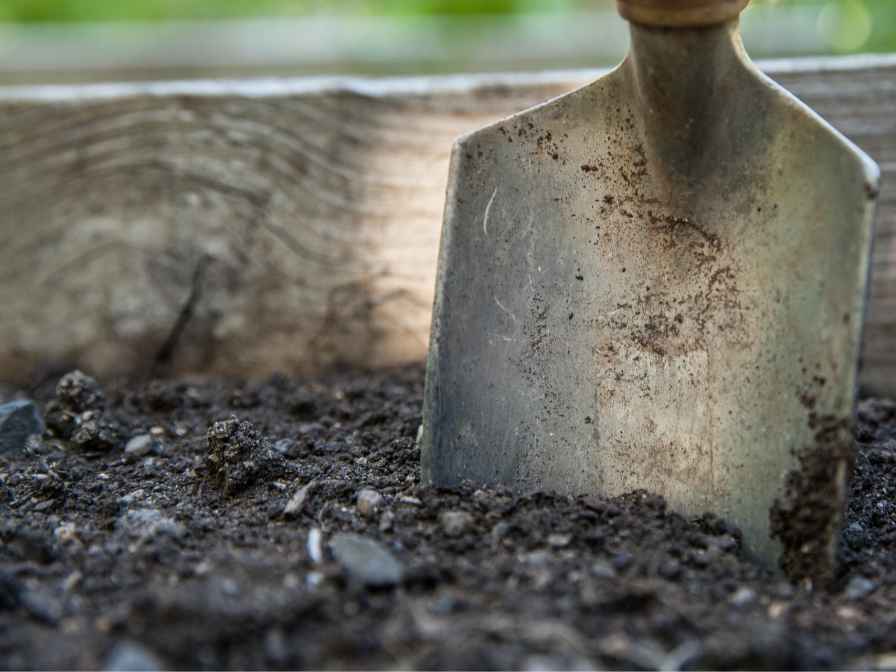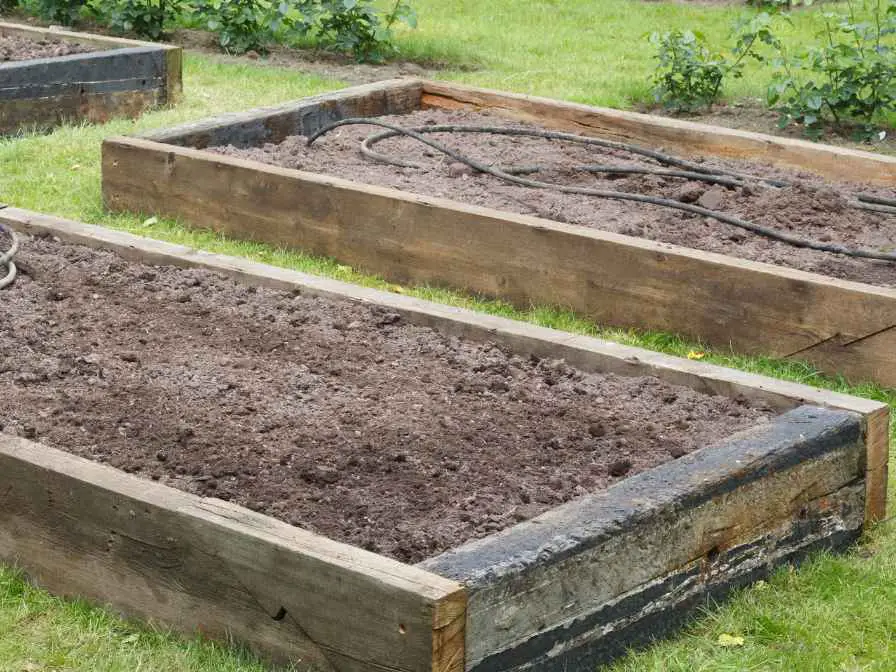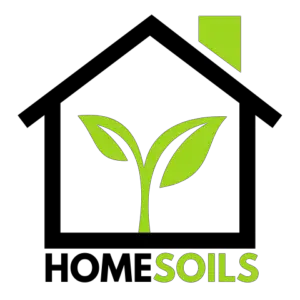Soil mixes are an important part of raised garden beds. It is because these are not on the earth but are raised. We need to select the best soil mix for raised garden beds to make sure that the roots of the plants develop well and that the plant gets all the required nutrients.

Soil Mixes for Raised Garden Beds
Raised garden beds offer a number of benefits, including improved drainage and soil quality. However, it’s important to choose the right soil mix for your raised bed to ensure that your plants thrive. One common approach is to use a combination of topsoil, compost, and other organic amendments.
Topsoil is a good base for your raised bed because it provides the necessary structure for plant roots to grow. Compost is an excellent addition to the mix because it adds nutrients and organic matter that help improve soil structure and retain moisture.
You can also add other organic amendments such as peat moss, vermiculite, or perlite to further improve soil structure and drainage.
The ideal ratio of these components will depend on the specific needs of your plants and the climate in your region. It’s important to choose high-quality ingredients and mix them thoroughly to ensure that your soil is well-balanced and provides the necessary nutrients for your plants.
With the right soil mix, your raised garden bed can provide a fertile environment that encourages healthy plant growth and maximizes yields.
Benefits of Using the Right Soil Mix for Raised Garden Beds
There are many benefits of using the right soil mix for raised garden beds. Here are some of the main benefits as follows:
Improved Drainage
Raised garden beds with a well-draining soil mix allow excess water to flow through the soil, preventing waterlogged roots and reducing the risk of root rot. The improved drainage can also help prevent soil compaction, which can negatively affect plant growth.
Optimal Nutrients
The right soil mix can provide plants with the necessary nutrients to support healthy growth. Compost, for example, is good for adding nutrients and organic matter to the soil, while topsoil provides a good base structure for roots to grow.
Organic amendments such as peat moss, vermiculite, or perlite can also add further nutrients to the soil.
Disease Prevention
Using a high-quality soil mix can help prevent the spread of disease in your garden. Soil-borne diseases can be a problem in traditional garden beds, but using a well-balanced soil mix can help reduce the risk of infection.
Improved Plant Growth
A healthy soil mix can lead to improved plant growth, better yields, and higher-quality crops. When plants have access to the necessary nutrients and well-draining soil, they can grow more vigorously and produce more fruit or vegetables.
Things to consider
While selecting or making the soil mix for the raised garden beds, make sure you take the following into consideration.
Nutrient requirements
Different plants have different nutrient requirements, so it’s important to choose a soil mix that provides the necessary nutrients. For example, vegetables typically require a high-nutrient soil mix, while herbs and succulents prefer a more well-draining mix.
Soil structure
The soil structure can affect drainage, aeration, and water retention. A good soil mix should have a balance of clay, silt, and sand particles to create well-structured soil that allows for proper root growth and drainage.
PH balance
The PH balance of the soil can affect plant growth and nutrient uptake. Most plants like to grow in slightly acidic soil. So, PH between 6 to 7 is good. Adding peat moss or other acidic materials can help lower the PH if needed.
Water retention
The soil mix should be able to hold enough water to keep plants hydrated without becoming waterlogged. Adding organic matter such as compost or peat moss can help improve water retention.
Climate
The climate in your region can affect the soil mix you choose. For example, in a hot and dry climate, a soil mix with good water retention is important, while in a rainy climate, a well-draining soil mix may be more suitable.
Best Soil Mix for Raised Garden Beds

The best soil mix for raised garden beds will depend on the specific needs of your plants and the climate in your region. However, a good general-purpose soil mix can be made using a combination of the following components:
Topsoil
Topsoil provides a good base for your raised bed and adds the necessary structure for plant roots to grow. Look for topsoil that is free of weeds and other contaminants. It will get the base of the plants right.
Compost
Compost is an excellent addition to the soil mix because it adds organic matter and nutrients that improve soil structure and retain moisture. Look for high-quality compost that is fully decomposed and free of contaminants.
Peat moss or Coconut coir
Peat moss or coconut coir can help improve soil structure and water retention. These materials can also help lower soil pH, which can be beneficial for acid-loving plants. Use coconut coir or peat moss, but make sure it is of good quality.
Perlite or vermiculite
Perlite or vermiculite can be added to improve soil drainage and aeration. These materials can also help prevent soil compaction, which can negatively affect plant growth. Make sure you get good quality perlite.
A general guideline for a soil mix is to use equal parts of topsoil, compost, and peat moss or coconut coir, and add a small amount of perlite or vermiculite to improve drainage. However, it’s important to adjust the mix based on the specific needs of your plants and the conditions in your region. Additionally, be sure to mix the soil components thoroughly before filling your raised garden bed.
In short, the soil mix is an important component of raised garden beds. It is the base that is going to support the plant and help it in its growth. Choose the soil mix wisely, or you can prepare it at home by getting the ingredients used in it.
FAQs
What is the best soil composition for a raised garden bed?
Depending upon the type of plant you are planning to plant in the raised garden beds, the common ingredients of soil mix for garden beds are perlite, peat moss, compost, and topsoil. You can use an equal quantity of all ingredients.
Do raised garden bed needs special soil
In a real sense yes. It is because the garden soil present in the garden is usually too dense. You need to mix the potting soil with garden soil or you have to get the soil mix for the raised garden beds.
How much soil is needed for raised garden bed?
Getting the volume of soil mix to be used in the raised garden bed has a simple formula. Just multiply the length by the width of the garden bed. You got the volume of soil mix needed for the raised garden bed. Take height into consideration also. This will give cubic feet of soil.

